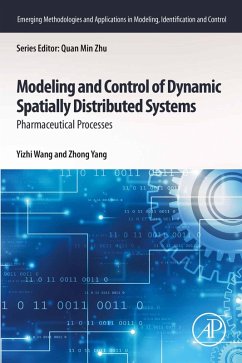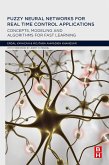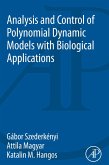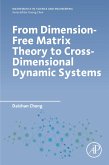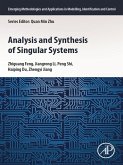Modeling and Control of Dynamic Spatially Distributed Systems: Pharmaceutical Processes provides a balanced approach to help readers to get started quickly in the field of biochemical pharmaceuticals. From a theoretical perspective, dynamic spatially distributed systems are introduced to address their industrial applications. After identifying problems, the book provides readers with modeling and control system design techniques via a novel fuzzy set (class of objects with a continuum of grades of membership, to describe the grade of the object belonging to this fuzzy set) and intelligent computation methods. From an application perspective, the book provides a thorough understanding of Good Manufacture Practices (GMP) and the importance of identification, modelling, and intelligent control of such systems, reducing the test-and-error cost, and the R&D design time cycle of original drug development. - Provides an updated, supplemental knowledge to the body of distributed parameter systems - Covers control and analysis framework based on a state-space approach for a non-standard model from industrial complex systems - Presents a novel proposed fuzzy set and applies it to case studies to illustrate its feasibility - Includes a control system design solution from perspective of medicine production
Dieser Download kann aus rechtlichen Gründen nur mit Rechnungsadresse in A, B, BG, CY, CZ, D, DK, EW, E, FIN, F, GR, HR, H, IRL, I, LT, L, LR, M, NL, PL, P, R, S, SLO, SK ausgeliefert werden.

